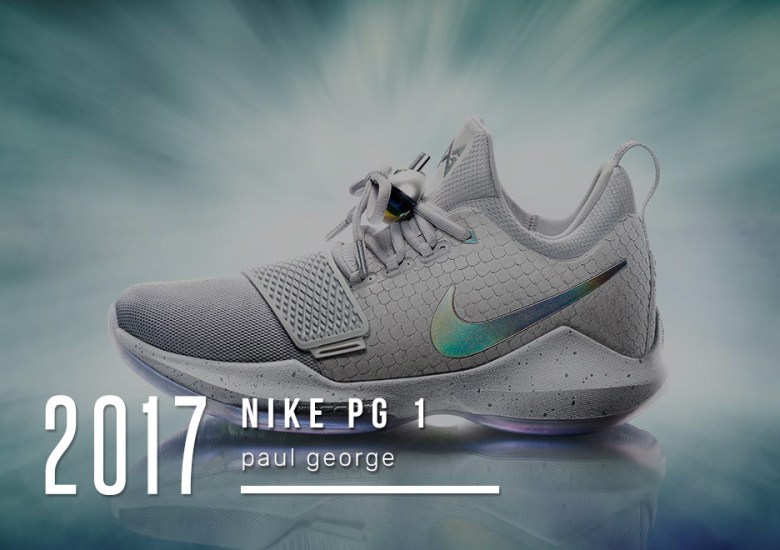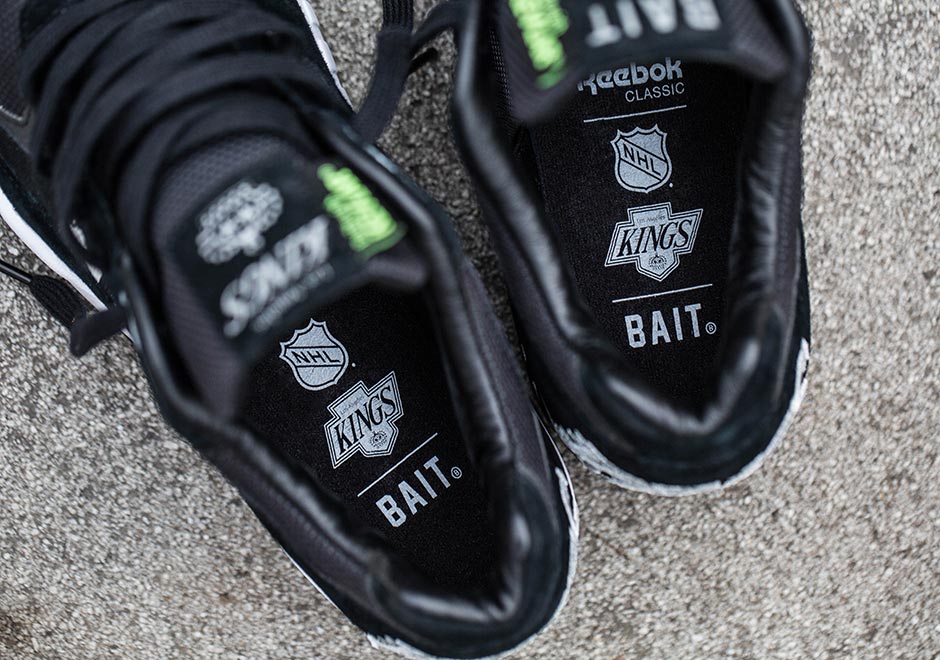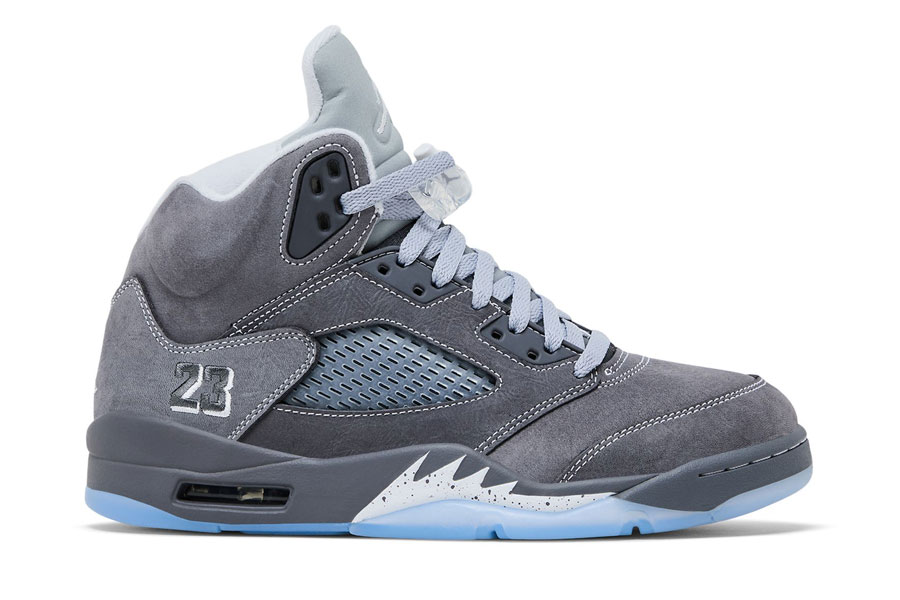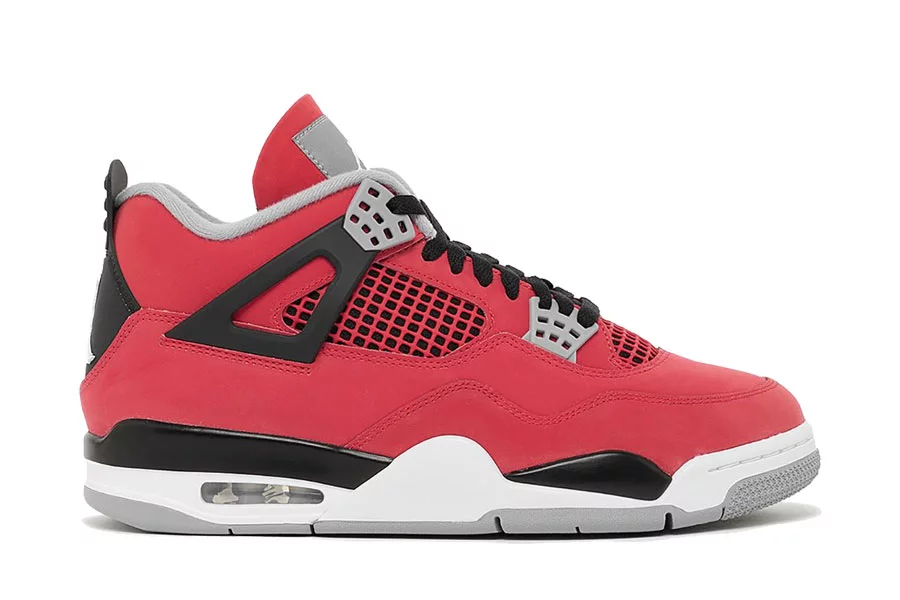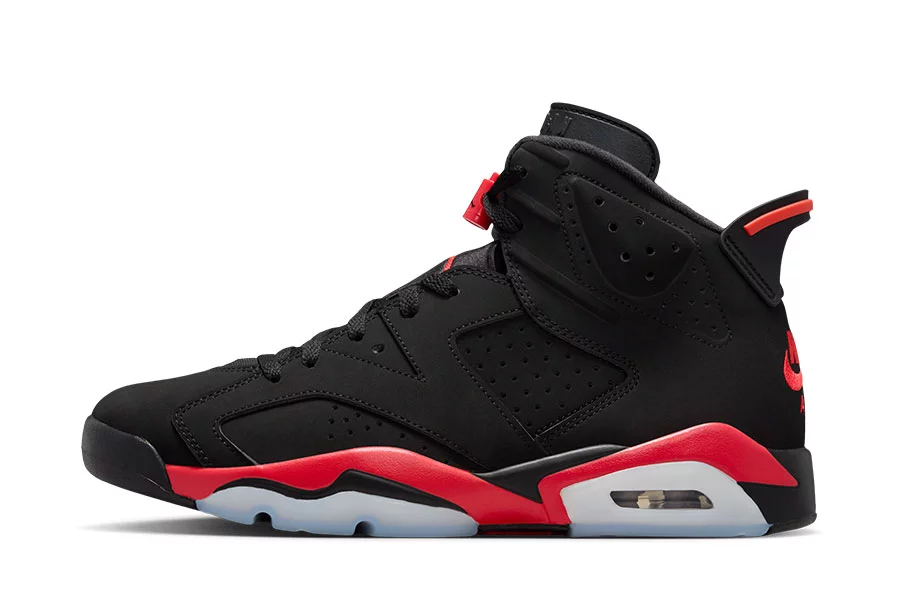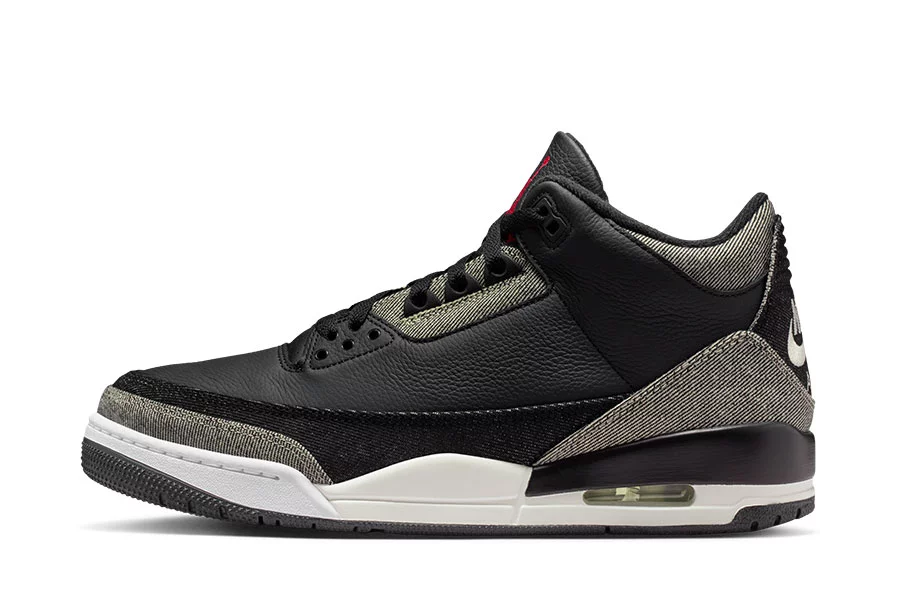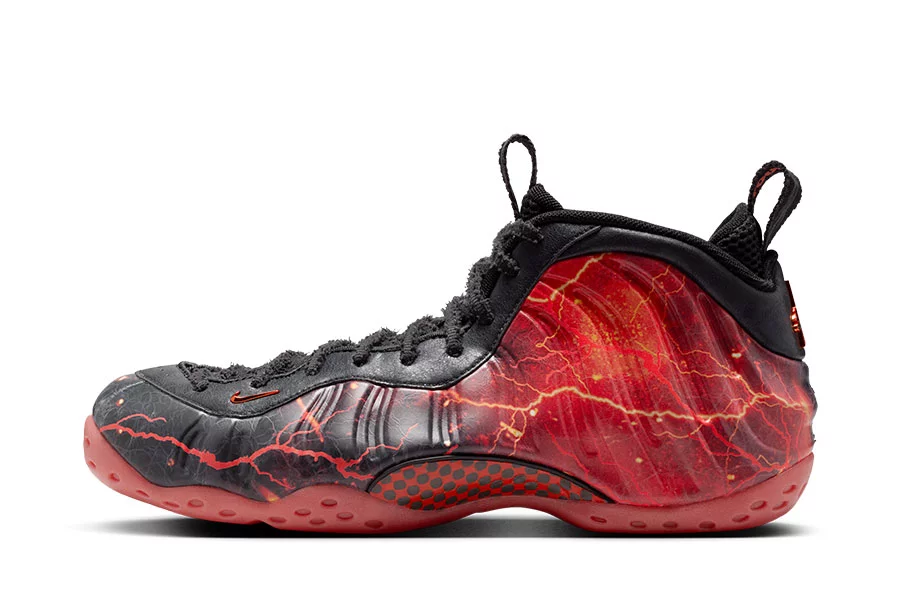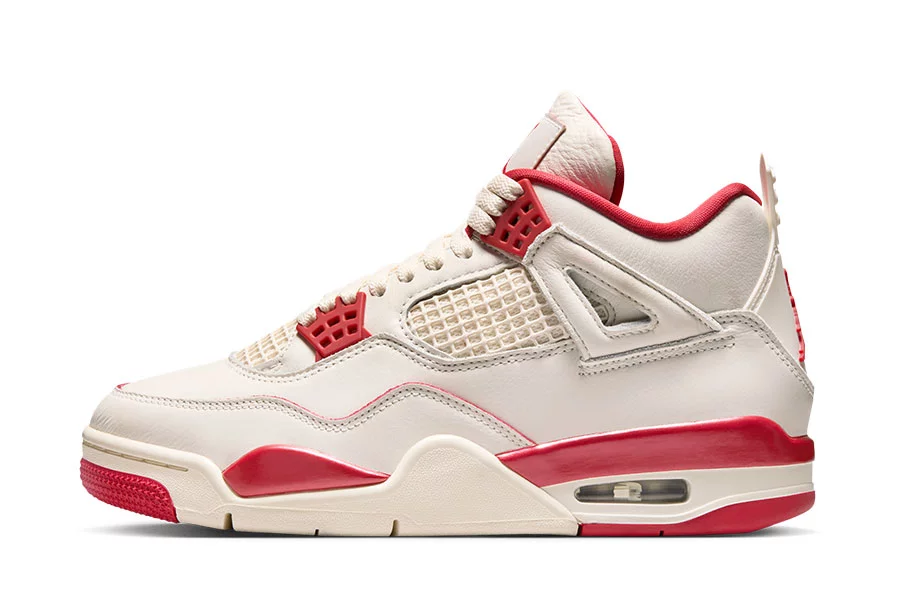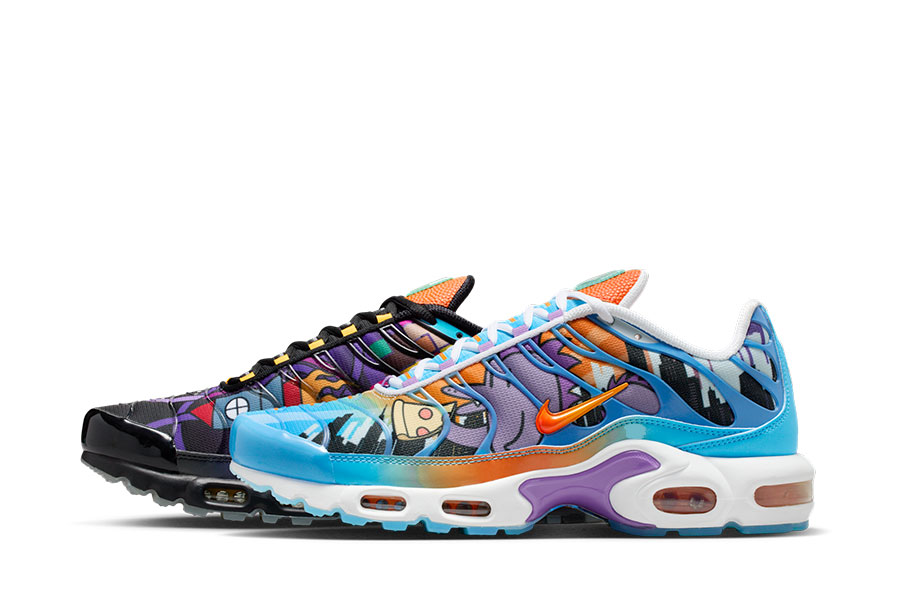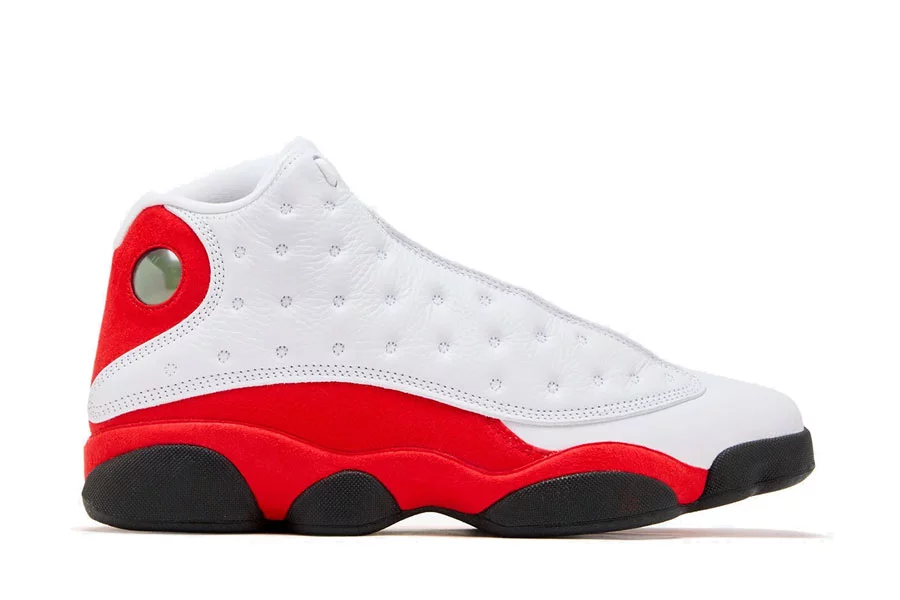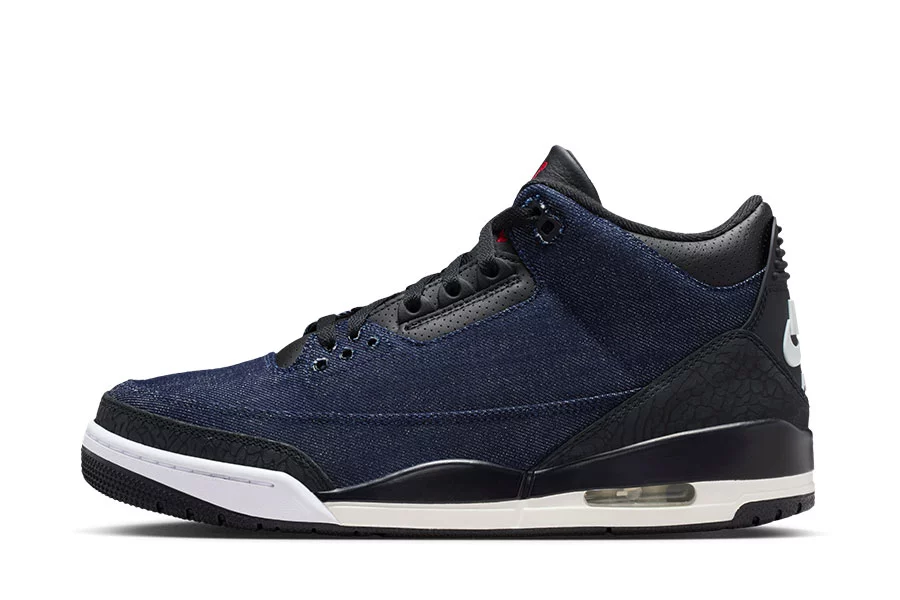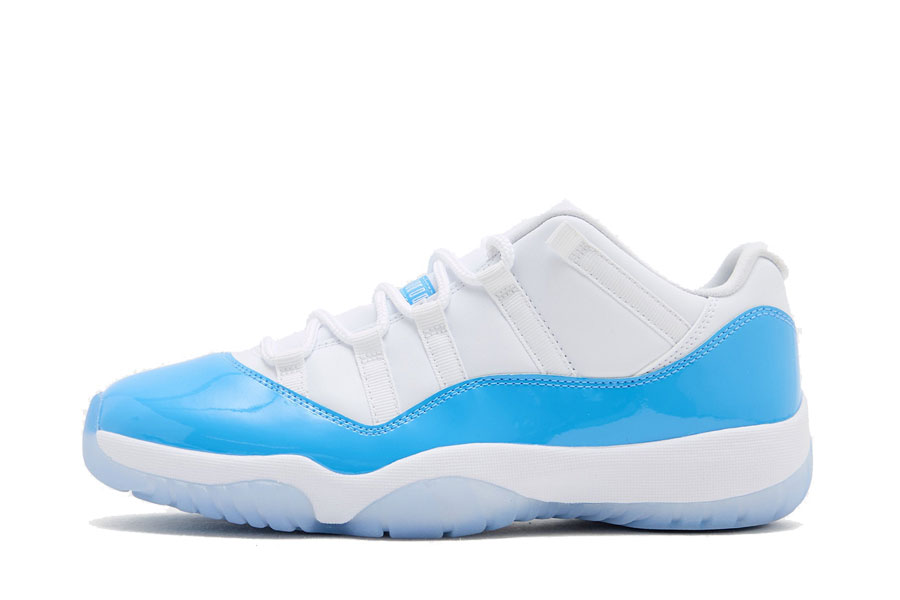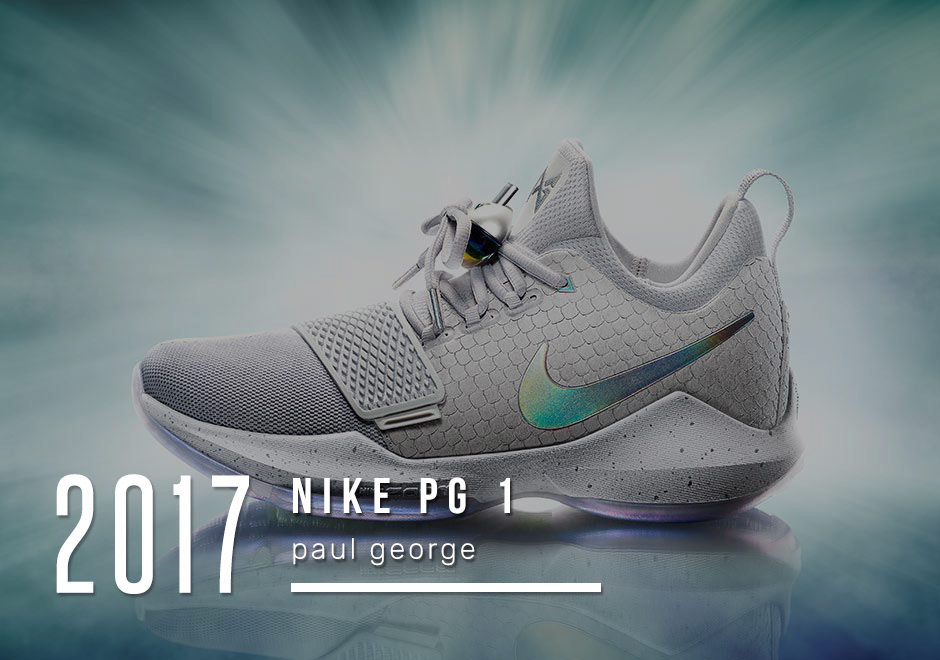
Yesterday with the unveiling of Paul George’s upcoming shoe, the PG 1, Nike officially adds a fourth player to their current lineup of signature athletes. In the official press release for the shoe, Nike mentions that George becomes the twenty-first signature basketball athlete throughout the brand’s history. Just who are all of the twenty-one signature basketball athletes? Let’s take a look through back at each, along with their first signature models.
Editor’s note: This is the official list from Nike of their 21 signature basketball athletes, but there are a few more shoes that are somewhat on the cusp of being considered “signature” by Nike’s standards: Dennis Rodman – The Worm (1996); Chris Webber – Air Max CW (1996); Tim Hardaway – Zoom T-Bug (1998); Steve Nash – Zoom MVP (2009); Paul Pierce – Air Max Legacy (2009).
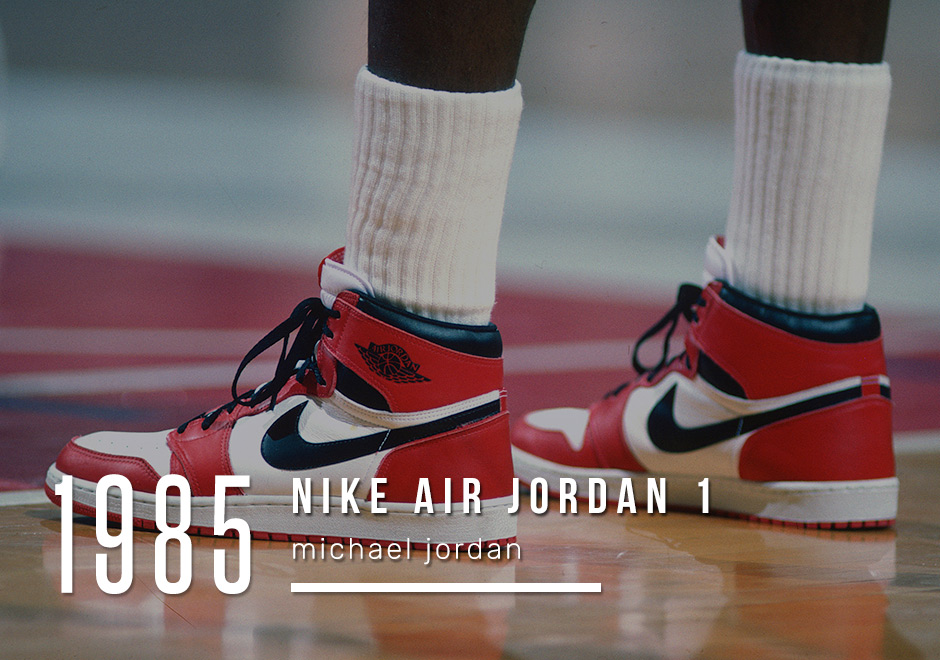
Michael Jordan – Air Jordan 1 – 1985
No doubt the most important debut signature model from the most important signature basketball shoe line of all time, the legendary Air Jordan 1 needs no introduction. It wasn’t the first-ever signature basketball shoe, but it set the precedent for the signature athletic footwear market as we know it today. All of these other signature shoes on this list might not exist without it.
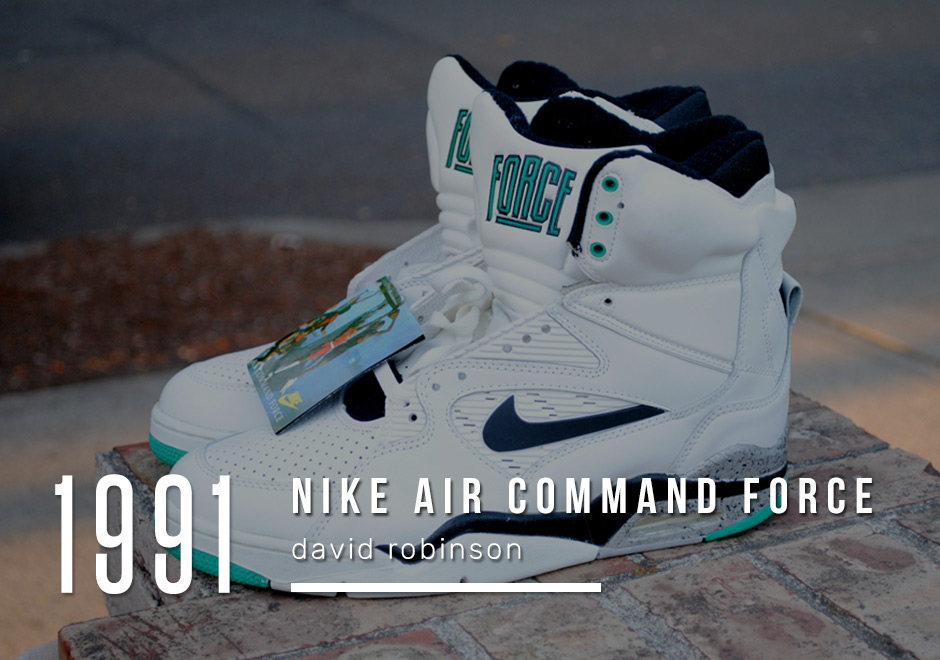
David Robinson – Air Command Force – 1991
It would be six years until another NBA player got his own signature from the Swoosh. Although not labeled with his name, Nike considers the Air Command Force an official signature model for The Admiral, David Robinson. One of the most highly requested models to get a retro release for years, the bold high-top design finally returned in 2014.
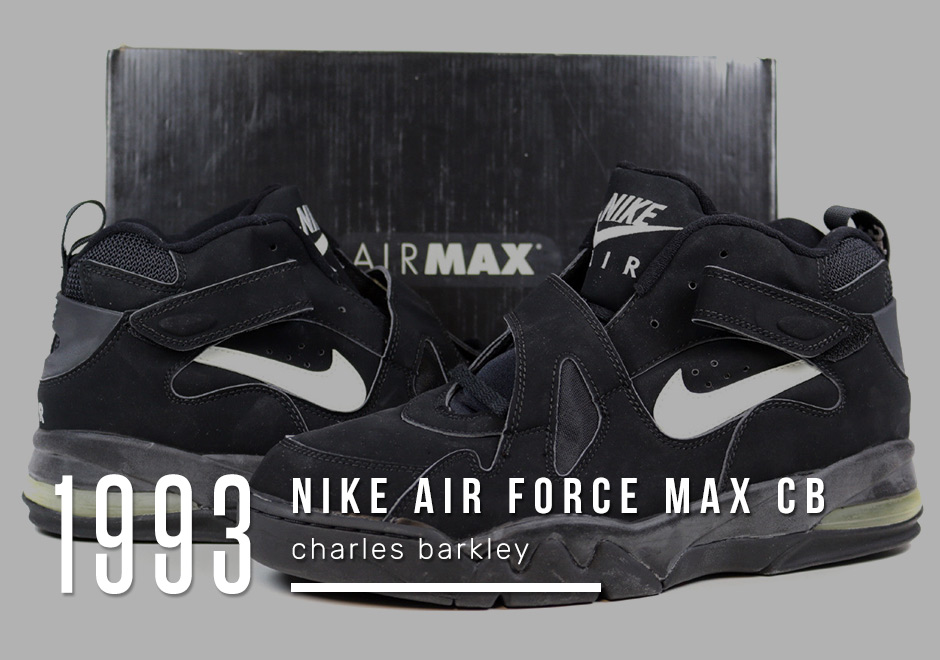
Charles Barkley – Air Force Max CB – 1993
Charles Barkley had a couple of unofficial signature models—the Air Force 180 and Air Force Max—and then finally got his own shoe in 1993 with the Air Force Max CB. The design was quite similar to the Air Force Max, adding straps (Nike’s favorite design cue of the time) to support the Round Mound of Rebound.
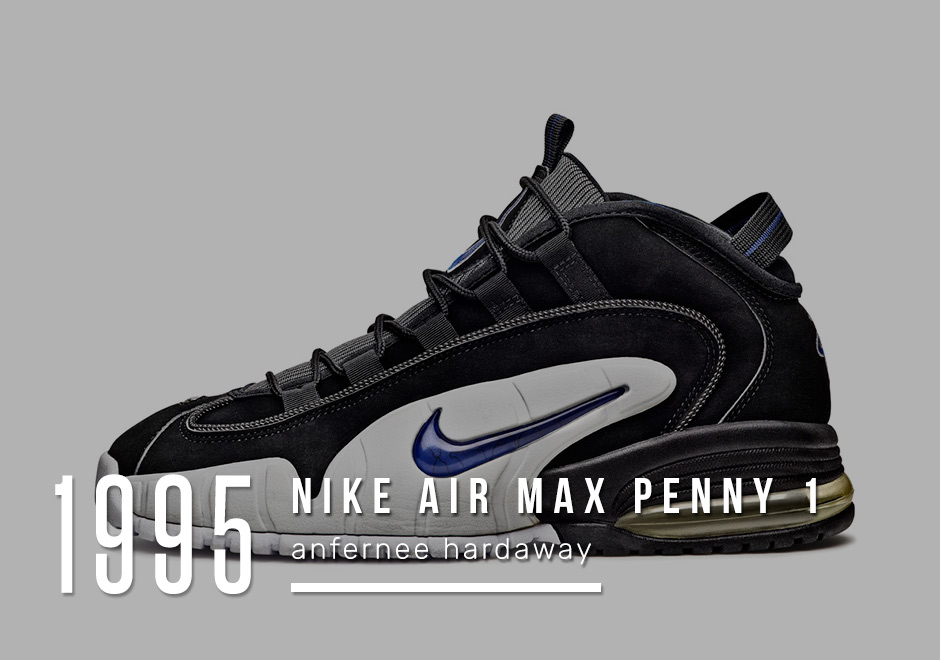
Penny Hardaway – Air Penny 1 – 1995
It was a no-brainer to give the NBA’s new wunderkind Penny Hardaway a signature model, and the results of his debut shoe in 1995 would be one of the most classic Nike Basketball designs ever. Joining their Force and Flight lines, the Air Penny 1 for Penny’s dynamic style of play can be considered the debut of the Uptempo line for all the players that fit somewhere in between a guard and a big man.
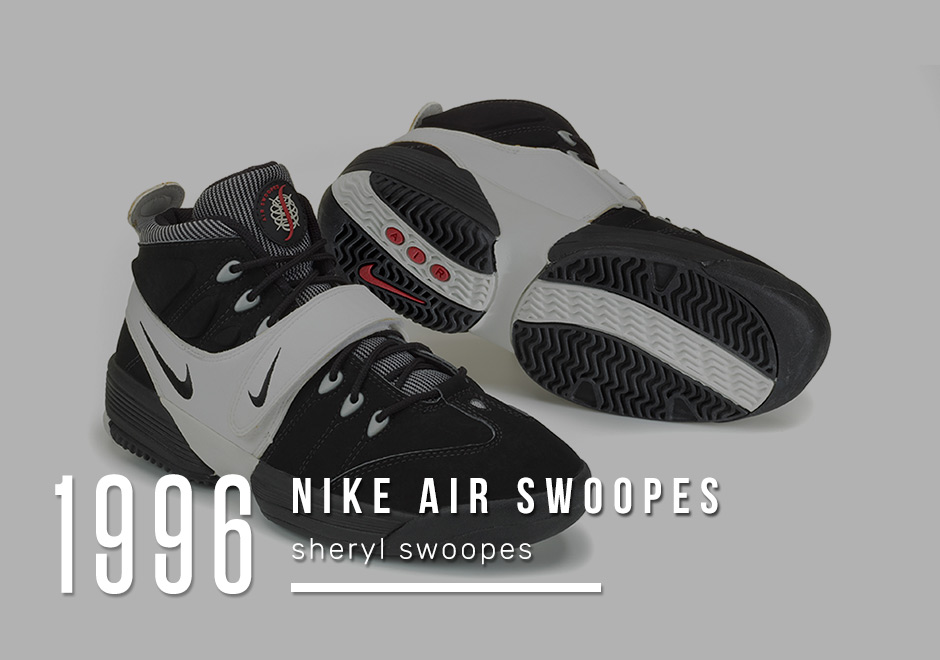
Sheryl Swoopes – Air Swoopes – 1996
Nike was ahead of the curve when it came to supporting women’s basketball, giving superstar Sheryl Swoopes a signature model way back in 1996. Swoopes would have several more signature sneakers with Nike—the most in the brand’s history for female basketball players.
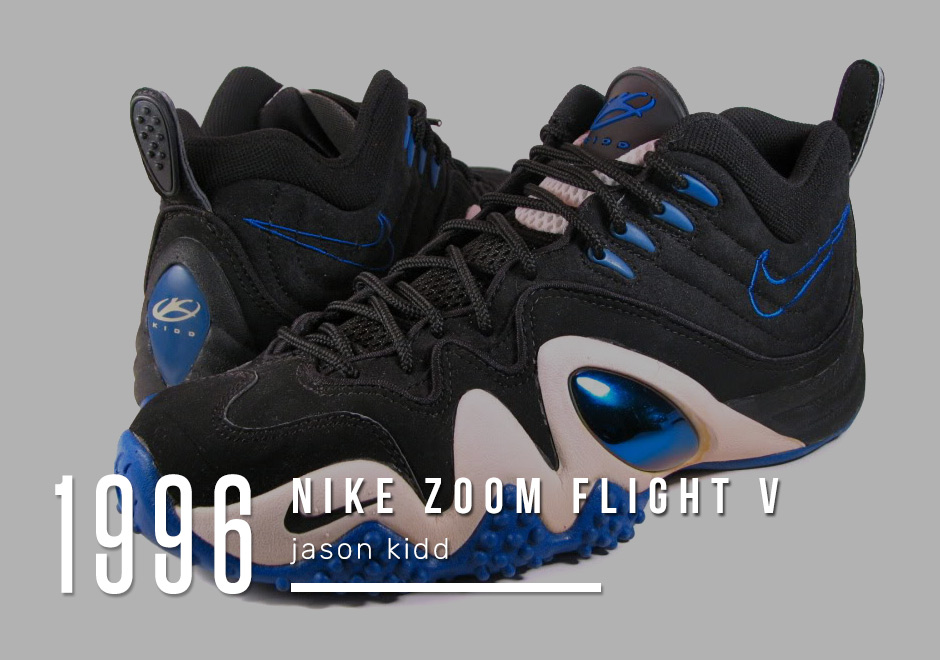
Jason Kidd – Zoom Flight Five – 1996
Jason Kidd repped the iconic Zoom Flight ’95, and by the end of 1996 he had his own Zoom-cushioned model, the Zoom Flight Five. Like the Zoom Flight ’95, the young star point guard’s first signature model had its own gaudy midsole decorations, iridescent “bug eye” orbs.
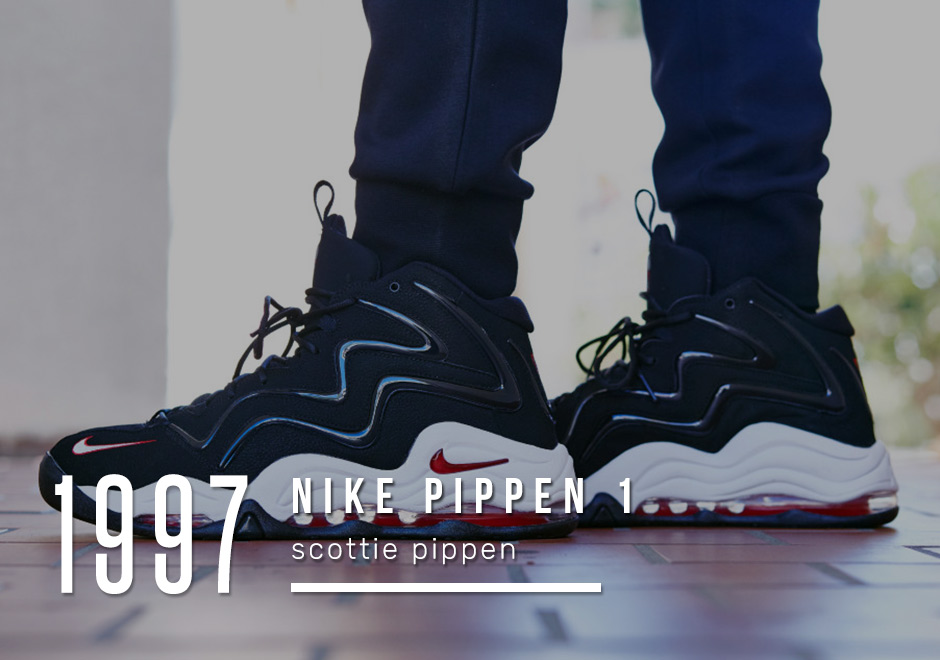
Scottie Pippen – Air Pippen 1 – 1997
Many consider the Air more Uptempo a Scottie Pippen signature shoe, but his first official model would come a year later with the Air Pippen 1. Initially designed and released at retail with a full-length Air Max bag, Scottie would later switch to a PE construction with full-length Zoom Air.
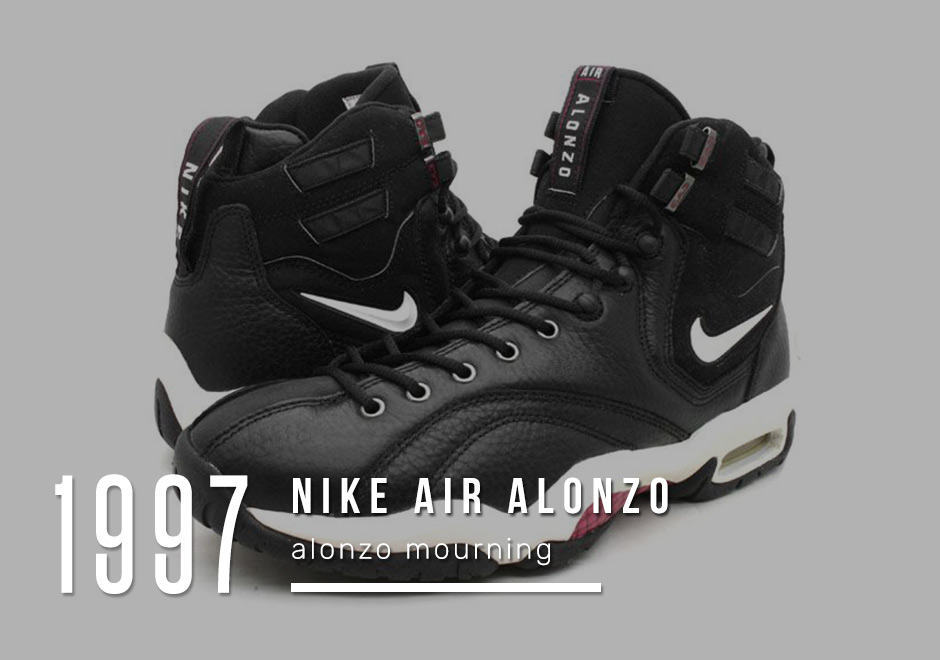
Alonzo Mourning – Air Alonzo – 1997
The award for the most oddball signature basketball shoe from Nike goes to Alonzo Mourning’s shoe, the Air Alonzo from 1997. Big and bulky, the fully leather construction with a high-top looks more like something from the Nike ACG line than a performance hoops shoe, and it never even officially released at retail nationwide. Adding to its weird history, the Air Alonzo randomly showed up on the feet of Greg Oden during his stint with the Heat in 2013.
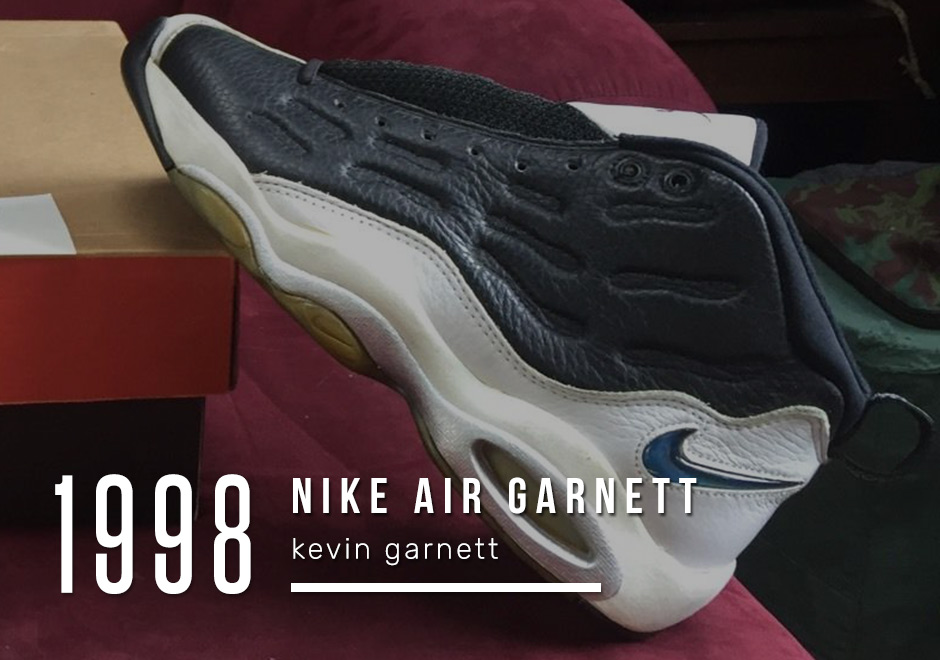
Kevin Garnett – Air Garnett – 1998
The Kid (when he was still a kid) got his first signature shoe in 1998, the Air Garnett. Almost entirely forgotten now and definitely overshadowed by his later models like the Garnett III and Flightposite line, the Air Garnett is an understated classic that many hardcore Nike Basketball aficionados would love to see return. Don’t hold your breath, though.
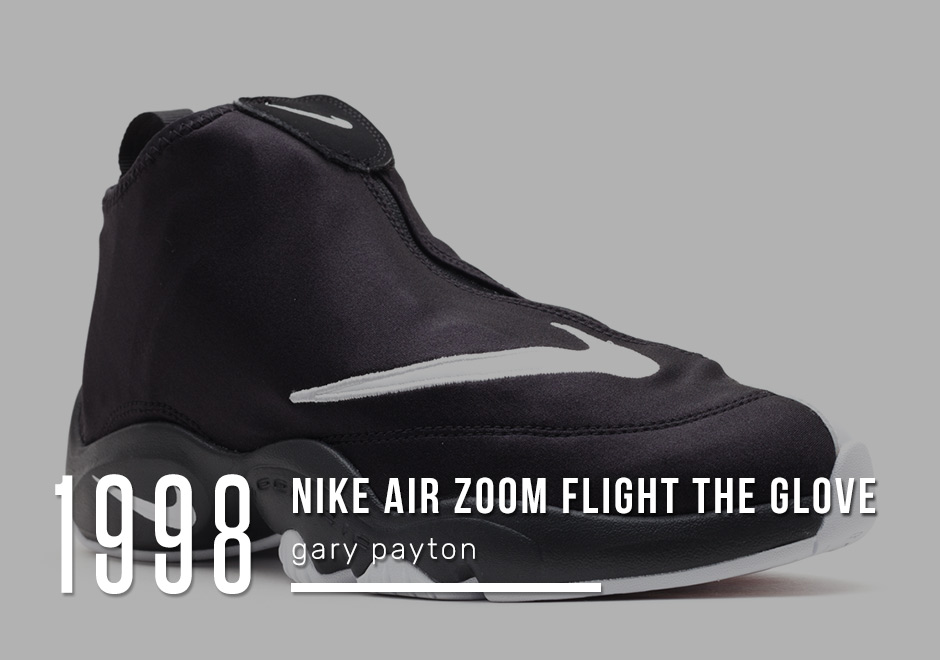
Gary Payton – Air Zoom Flight (The Glove) – 1998
Gary Payton’s “The Glove” nickname got translated into his first signature sneaker with the shrouded Zoom Flight ’98. A few Zoom GP models would follow, but The Glove will forever be considered Payton’s greatest shoe.
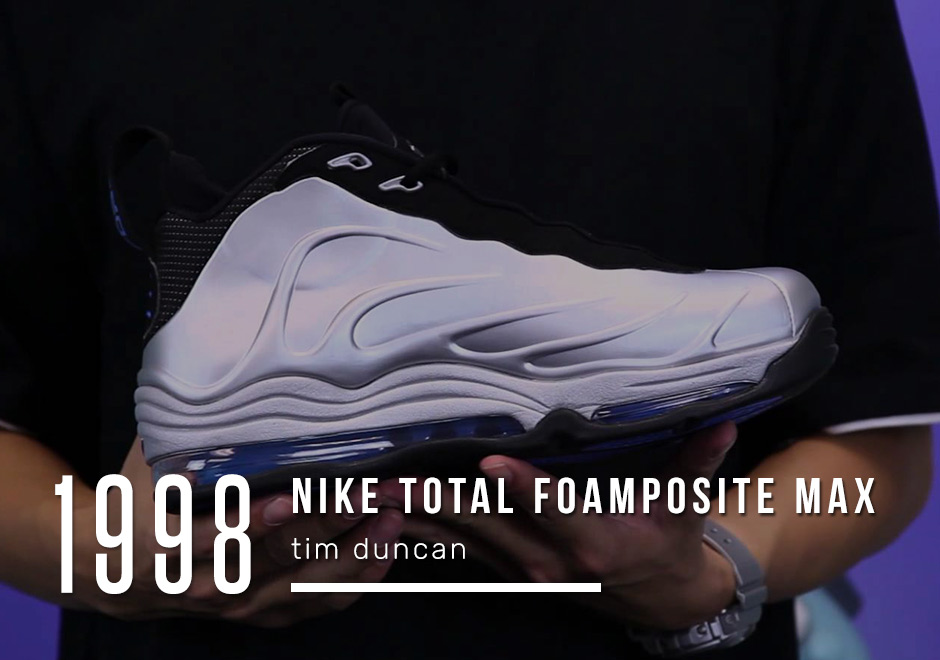
Tim Duncan – Total Air Foamposite Max – 1998
David Robinson’s understudy in San Antonio broke into the signature shoe world with the Total Air Foamposite Max, a beefy sneaker that combined a Foamposite upper with full-length Air Max cushioning. The OG silver colorway is one of the most iconic Foamposite models ever.
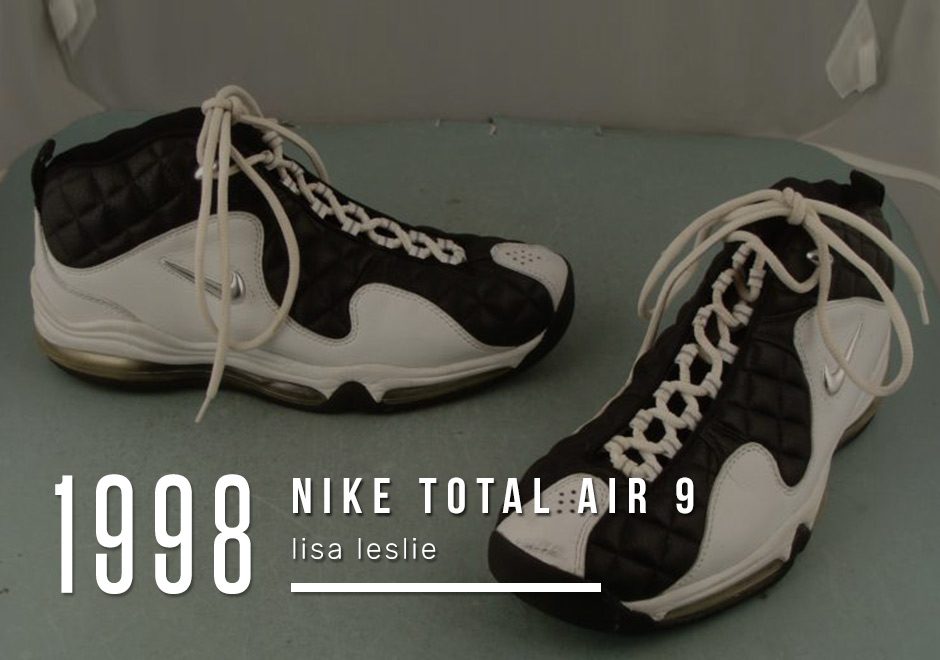
Lisa Leslie – Total Air 9 – 1998
With the WNBA in full swing by the late ‘90s, in 1998 Nike began creating signature models for more women’s basketball stars, starting with Lisa Leslie and her Total Air 9. A highly underrated and criminally forgotten shoe, the Total Air 9 with full-length air aind a unique quilted leather upper was just as good cool as any men’s Air Max basketball shoe of the time.

Cynthia Cooper – Air C14 – 1999
Receiving an unofficial signature model in 1998 with the awesome Air Max Shake ‘Em Up, Cynthia Cooper also joined the ranks of female signature basketball athletes for Nike in 1999. Her first model, the Air C14 featured a design actually pretty reminiscent of Garnett’s first model, with a full-grain leather upper and visible Air unit in the heel.
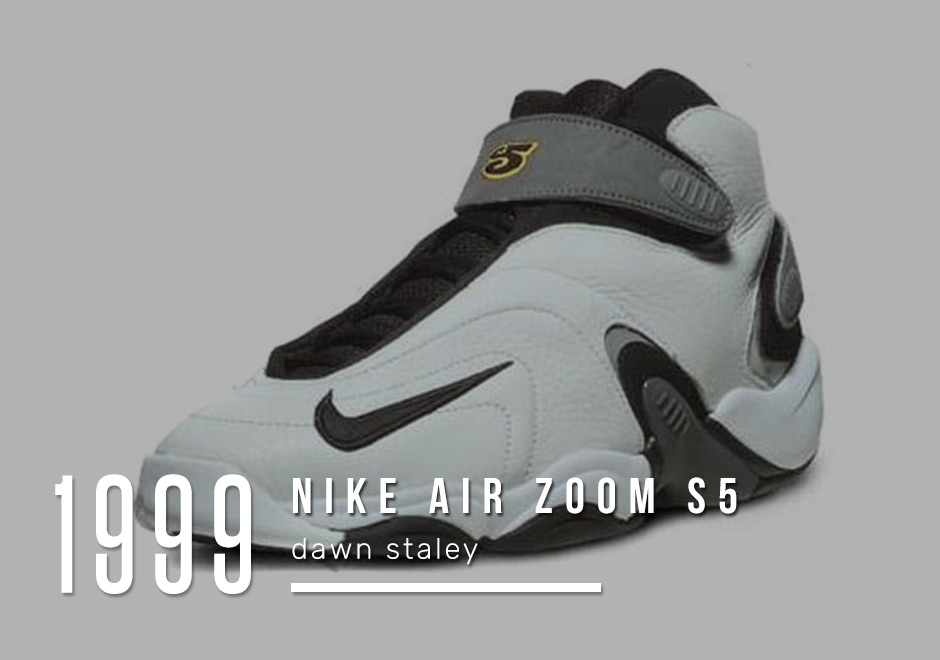
Dawn Staley – Air Zoom S5 – 1999
Another Nike Basketball signature that doesn’t get the love it deserves perhaps for being a women’s shoe is Dawn Staley’s debut model, the Zoom S5. The unique design that looks like it’s in motion standing still features an ankle strap, midfoot support, and heel piece with the same tabs “twisting” together at the center.
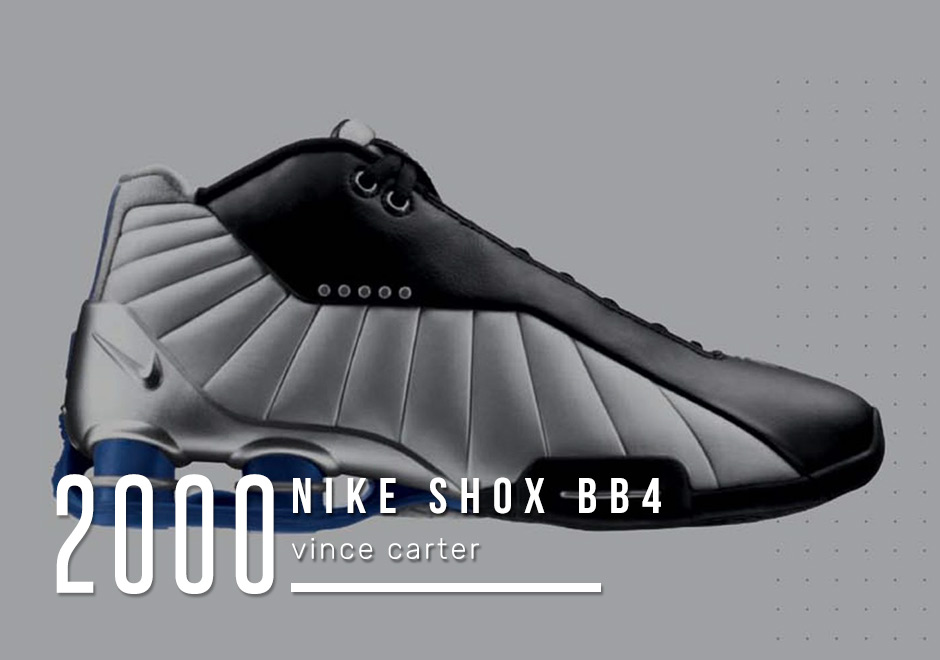
Vince Carter – Shox BB4 – 2000
Famously worn during his dunk over Frederic Weiss at the 2000 Olympics, the Nike Shox BB4 is considered by Nike as Vince Carter’s first signature shoe. More Shox models with Carter’s initials officially in the name of the model would follow, but the Shox BB4 is the one we all remember the most.
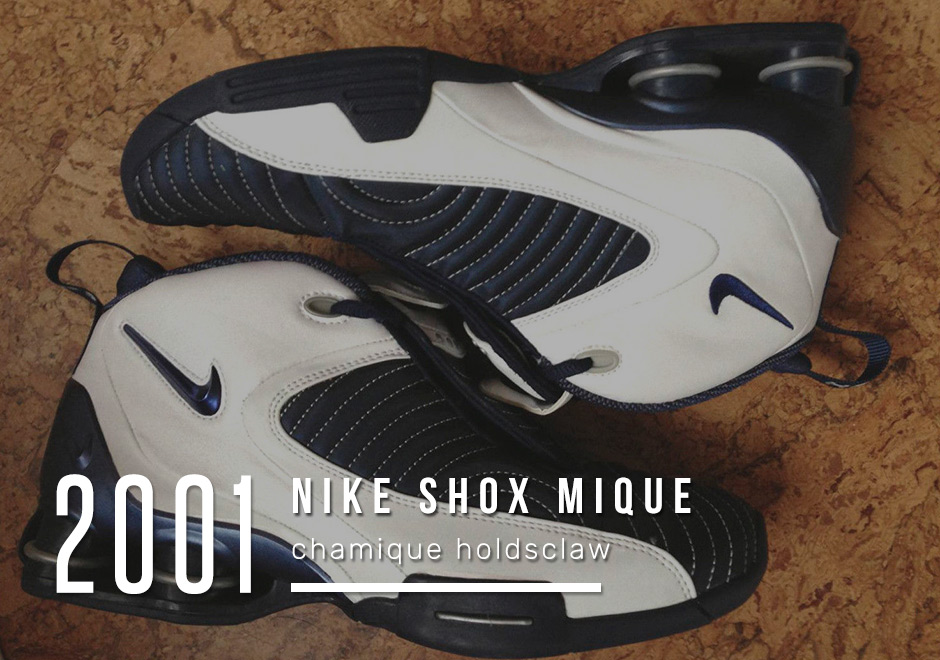
Chamique Holdsclaw – Shox Mique – 2001
Chamique Holdsclaw is at this point the last female hooper to get a signature model, which came in 2001 with the Shox Mique. Built atop the same Shox tooling as the BB4, the upper got a full redesign.
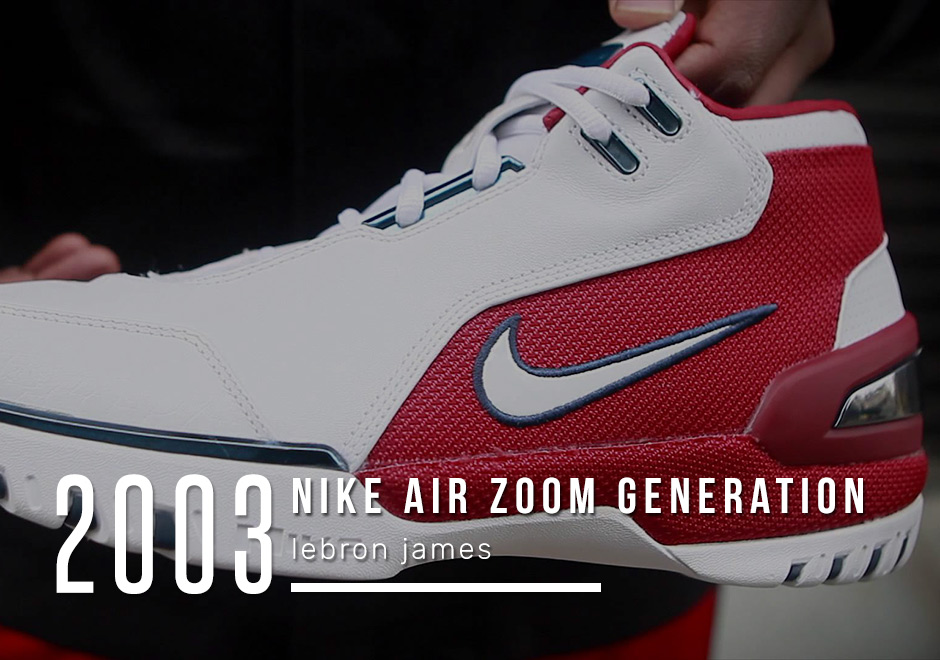
LeBron James – Air Zoom Generation – 2003
Before playing a single game in the NBA, in 2003 LeBron James signed a 7-year, $90 million deal with Nike for a signature line—a record breaking shoe deal at the time. His debut signature shoe, the Air Zoom Generation, would become the first of the one of the most important signature footwear lines of all time.
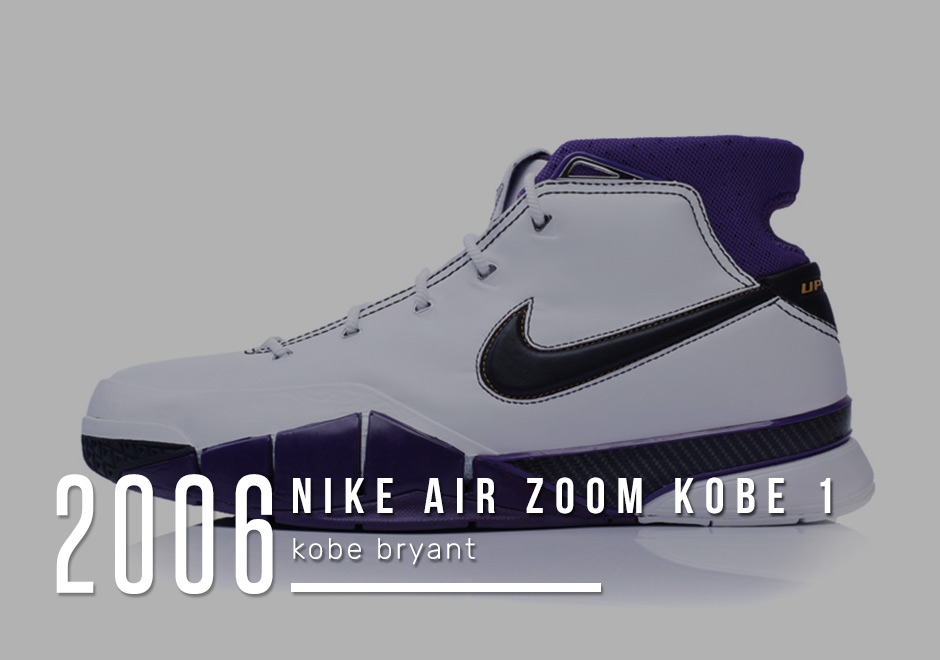
Kobe Bryant – Zoom Kobe 1 – 2006
After his years with adidas, Kobe Bryant converted to the Swoosh in 2006, teaming with LeBron for the best one-two punch in the signature basketball sneaker market. Before Kobe’s eventual partnership with Eric Avar on most of the Kobe series, the Zoom Kobe 1 was designed by Ken Link and features a Huarache-like design that’s still considered by most as one of the very best models in the legendary line.
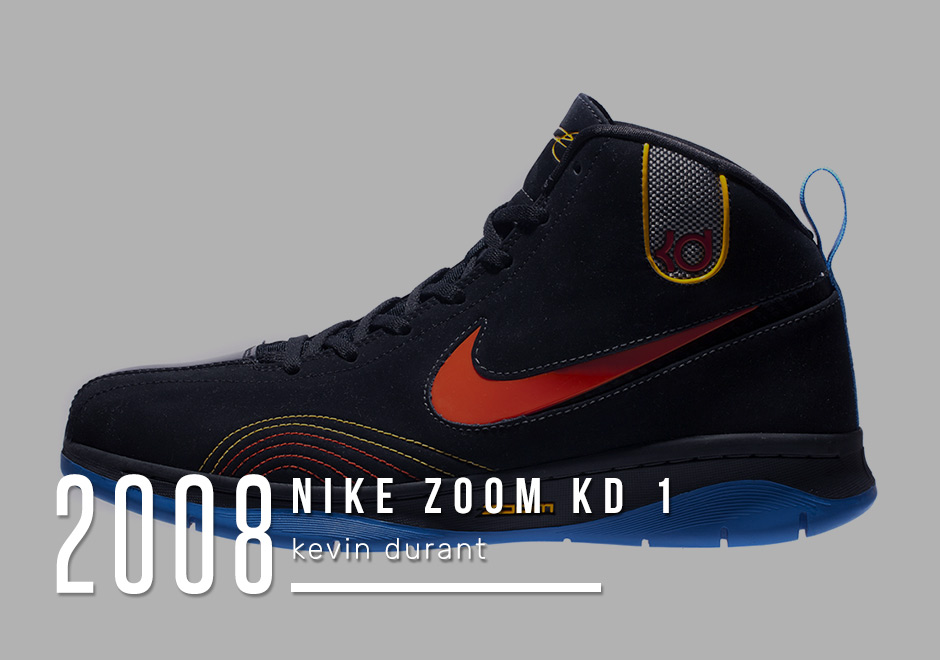
Kevin Durant – KD 1 – 2008
Nike put faith in a lanky young lad named Kevin Durant by signing him to a signature shoe deal that began in 2008 with the KD 1. Geared as a more cost-efficient signature line at the time, the KD 1 featured a fairly simple design that may account for why it’s more or less already forgotten.
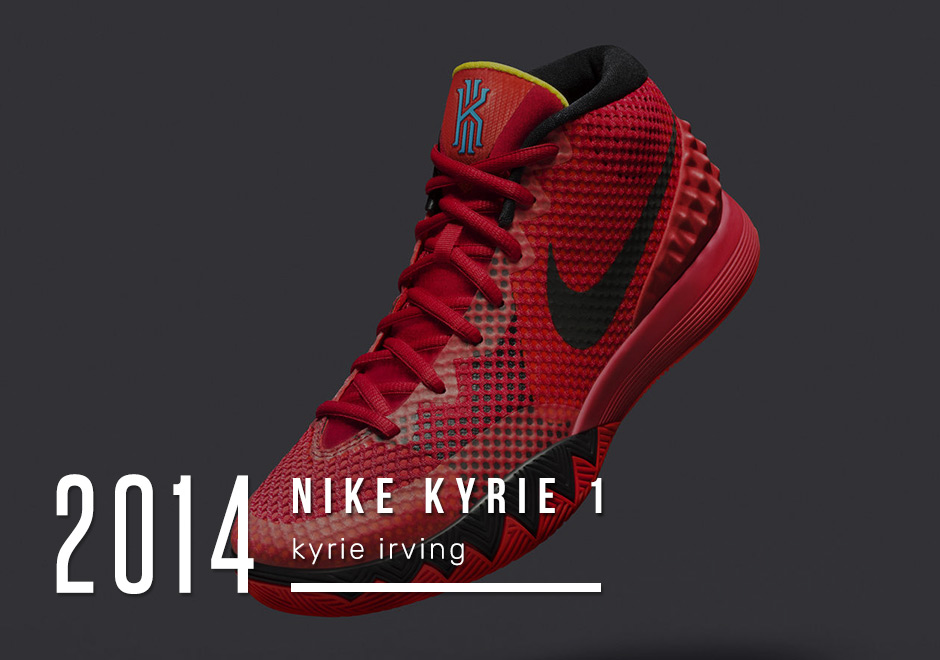
Kyrie Irving – Kyrie 1 – 2014
Riding steady with the strong trio of LeBron, Kobe, and KD for their signature athletes for a few years, Nike Basketball finally expanded in 2014 with the addition of Kyrie Irving to the signature ranks.

Paul George – PG 1 – 2017
Now Nike Basketball adds a fourth player to their coveted lineup of signature athletes, the versatile and always smooth Paul George. Becoming the first Indiana Pacer to ever have an official signature Nike shoe (how did Reggie never get one?), the PG1 will release this spring at the affordable price of $110.
Editor’s note: This is the official list from Nike of their 21 signature basketball athletes, but there are a few more shoes that are somewhat on the cusp of being considered “signature” by Nike’s standards: Dennis Rodman – The Worm (1996); Chris Webber – Air Max CW (1996); Tim Hardaway – Zoom T-Bug (1998); Steve Nash – Zoom MVP (2009); Paul Pierce – Air Max Legacy (2009).

